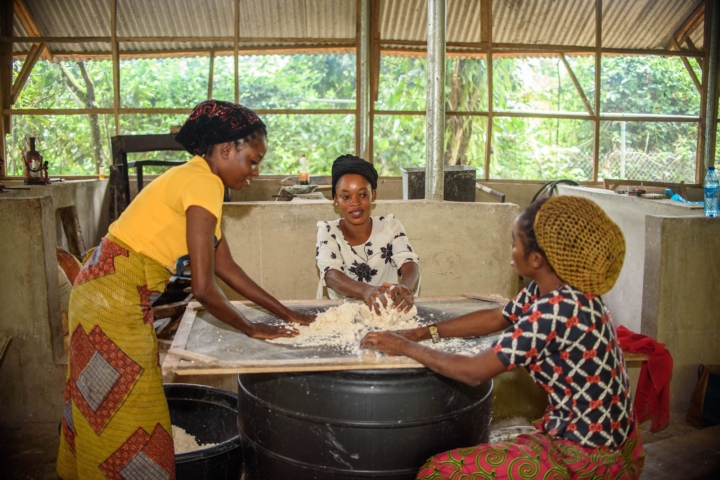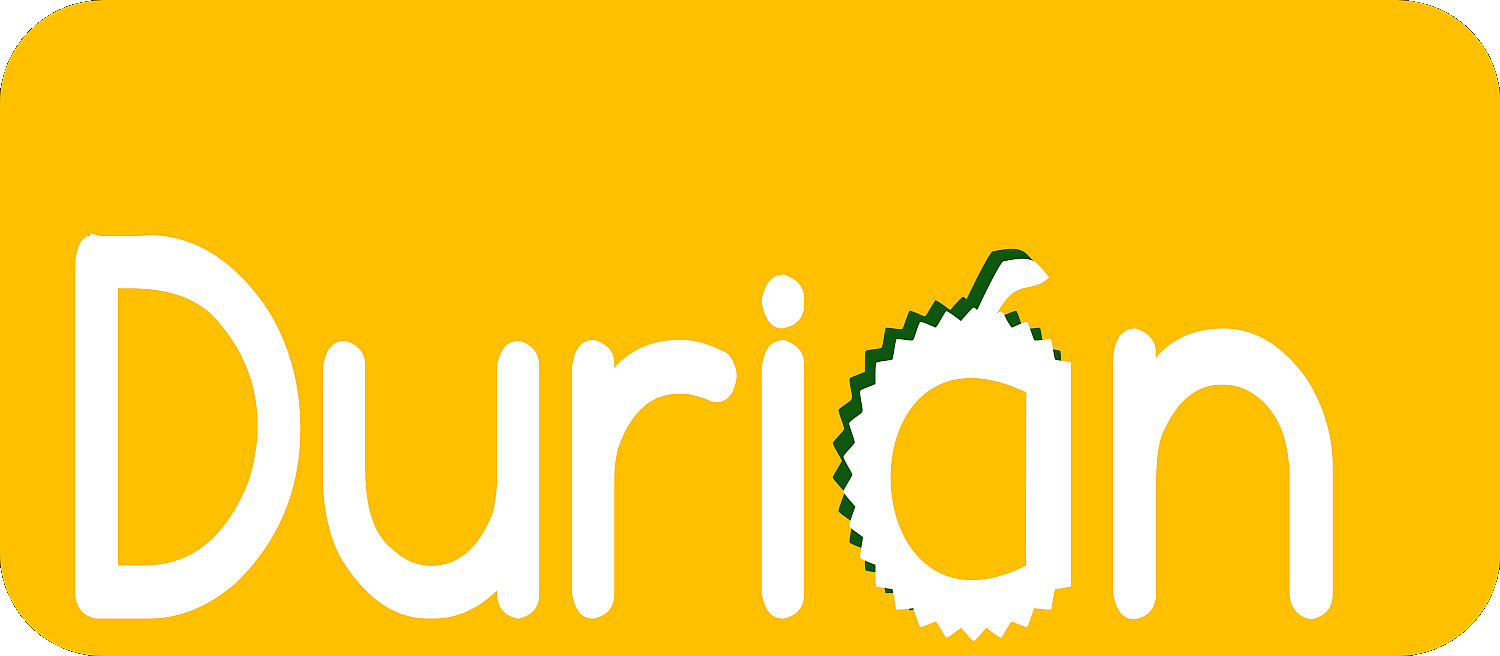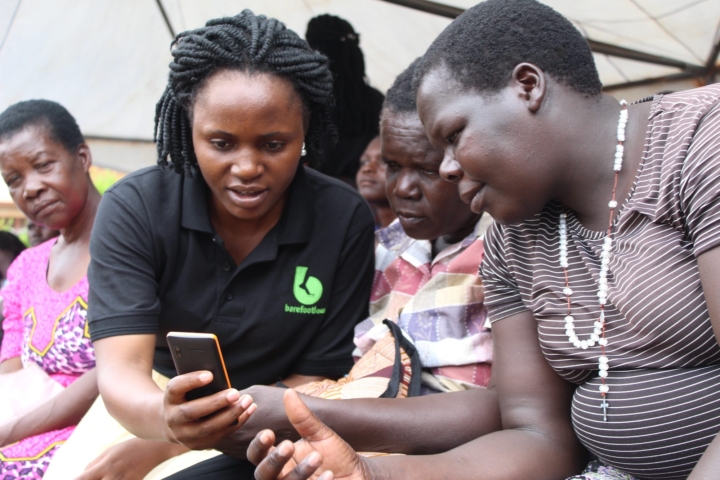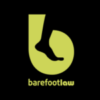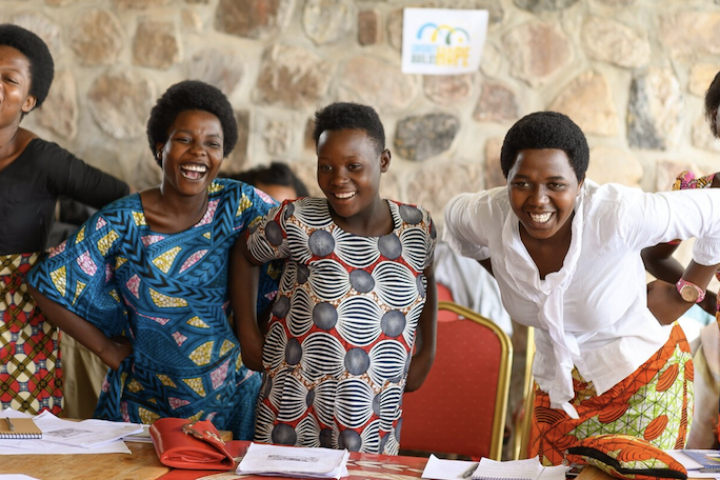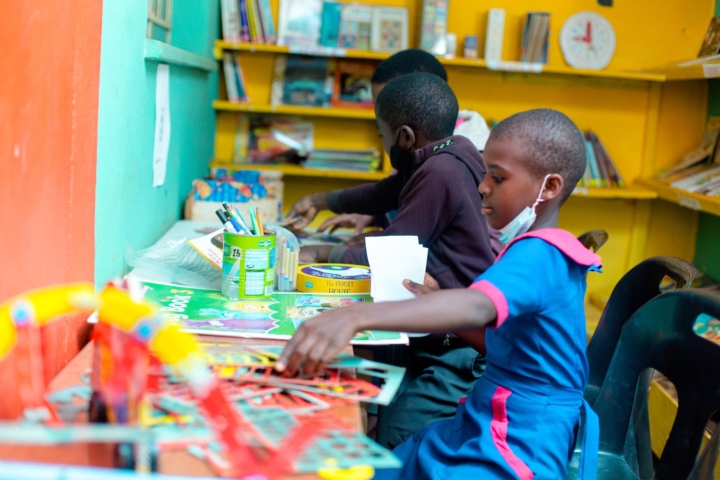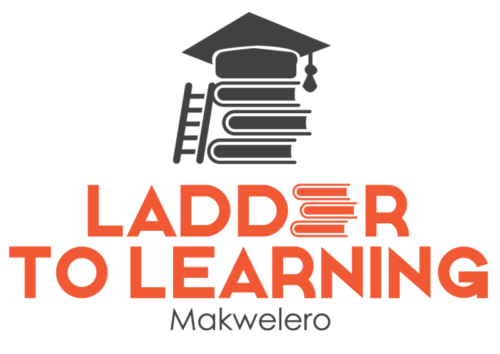Our funding
We support high-impact organisations that seek lasting change to some of the world’s biggest problems.
We thereby focus on partners who are working at the intersection of innovation and evidence: They are systemically assessing their impact and are truly interested in understanding it, whilst willing to develop and try new solutions.
We think a lot about our impact as a grantmaker and what our grants add to what would have happened anyway. We consider this in relation to our opportunities as a rather small but flexible organisation. Our additionality is strongest when funding young organisations that have difficulties securing funding from other sources. We hope our grants can be catalytic for our grantee partners as well as the development of new solutions. So laying the groundwork for future systems changers.
We think a lot about our impact as a grantmaker and what our grants add to what would have happened anyway. We consider this in relation to our opportunities as a rather small but flexible organisation. Our additionality is strongest when funding young organisations that have difficulties securing funding from other sources. We hope our grants can be catalytic for our grantee partners as well as the development of new solutions. So laying the groundwork for future systems changers.
SELECTION CRITERIA
-
Evidence-based & impact-drivenWe focus on approaches that indicate very good (early) impact evidence. We work with organisations that are intrinsically driven to base their work on sound theoretic frameworks and have a strong evidence-focus from the very beginning. In our selection process we review the evidence focus on multiple levels: conceptual background, skills sets and mindsets.
We have very high expectations when it comes to this criterium. We only fund organisations that continuously monitor and evaluate the effectiveness of their work and have a strong motivation from day one to include ways to test and understand the impact of their work. -
LeadershipWe only fund organisations where at least 50% of the founders and leadership are people from low-income (LIC) or lower to middle income (LMIC) countries.
At least 50% of the organizations within our portfolio are female-led. -
Cause areasWe fund solutions in the fields of education and/or access to independent information.
-
Geographic focusLow-income countries (LIC), with a specific focus on Africa. In specific circumstances we also fund organisations in lower to middle income countries (LMIC). We base this on the World Bank's definition of LIC: a GNI per capita of $1,145 or less in 2023.
Currently these are: Burkina Faso, Burundi, Central African Republic, Chad, Dem. Rep. Congo, Eritrea, Ethiopia, The Gambia, Guinea-Bissau, Liberia, Madagascar, Malawi, Mali, Mozambique, Niger, Rwanda, Sierra Leone, Somalia, South Sudan, Sudan, Togo, Uganda -
Organizational stageWe focus on organizations that are younger than 5 years. We don't fund organizations that were founded more than 10 years ago.
We focus on organizations with an annual budget below 300,000 EUR. -
Entrepreneurial & collaborativeWe are interested in grantee partners that are open to new approaches, curious and who will showcase concrete solutions.
We are looking for grantee partners who are actively working with others in order to create the most effective and long-lasting solutions. The organisations we fund work directly with local communities in the design and implementation of their strategies. -
Systems change perspectiveOur funding goes beyond direct services and aims to create lasting change. By supporting long-term strategies we want to overcome structural barriers to injustice for good.
-
Environmentally sustainableWe only fund approaches that are in line with protecting the environment and cause no harm.
-
Non-profit statusOrganizations need to be legally registered as a non-profit organization according to national laws.
We offer 3 types of grants
-
LABORATORYGrants for new endeavours in the initial phase that are ready to start their proof of concept. These should be research-based and focus on evidence in the proof-of-concept phase
-
SCALINGProgressive approaches that are based on (early) evidence and are ready to grow and reach the next level
-
RAPID RESPONSESmall grants for unforeseen opportunities or to work on new ideas (prior to proof of concept phase)
* Due to limited time resources, we don’t accept unsolicited grant proposals.
